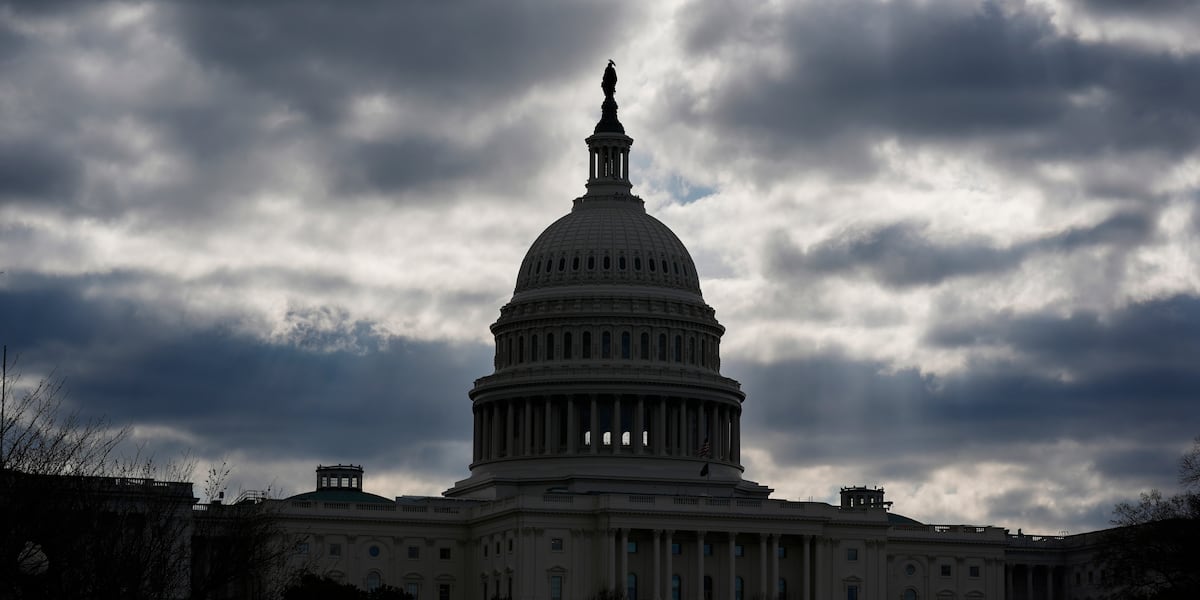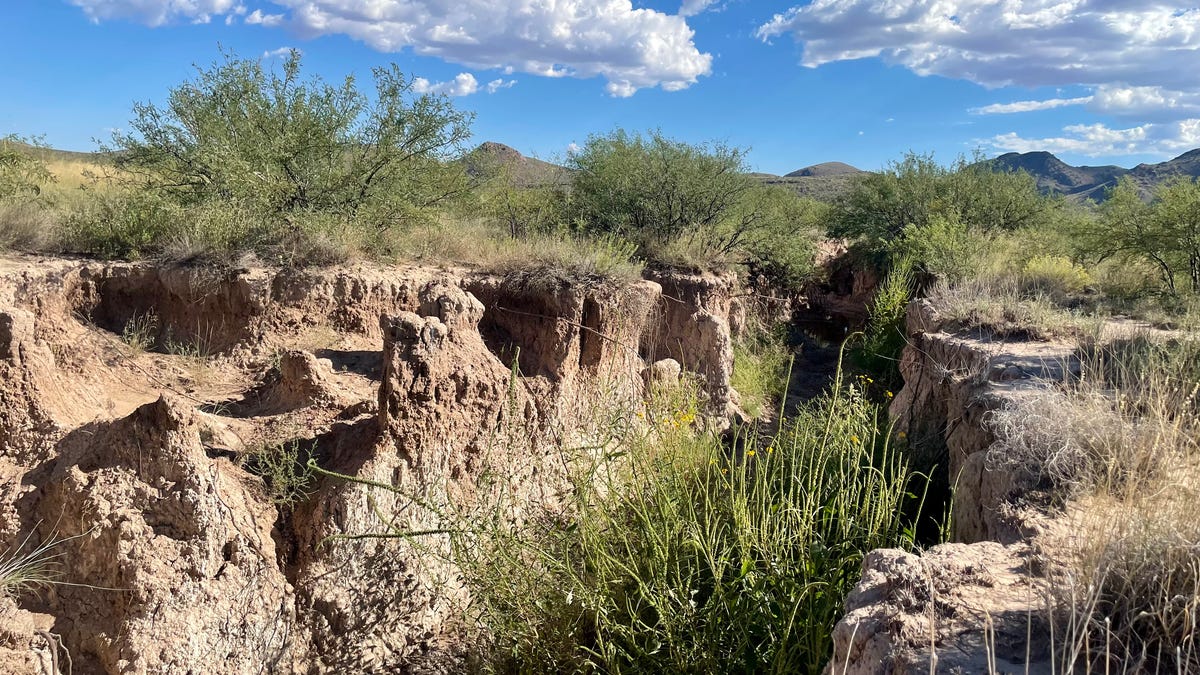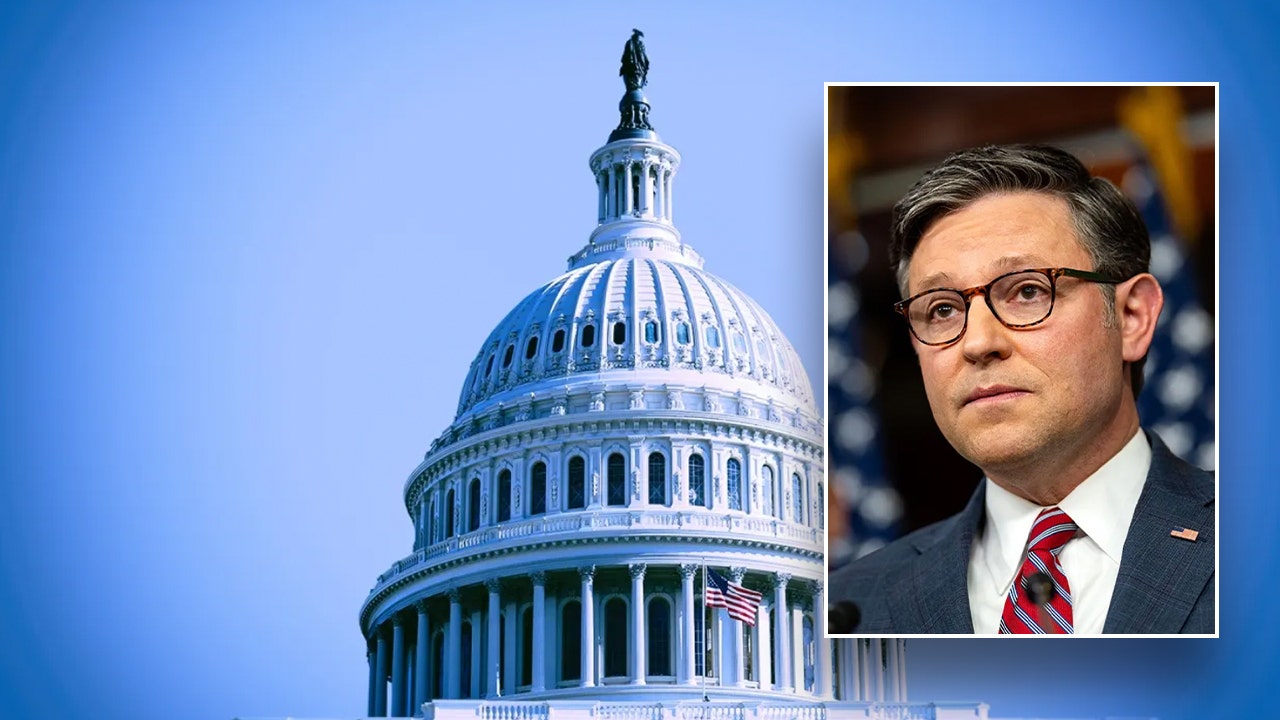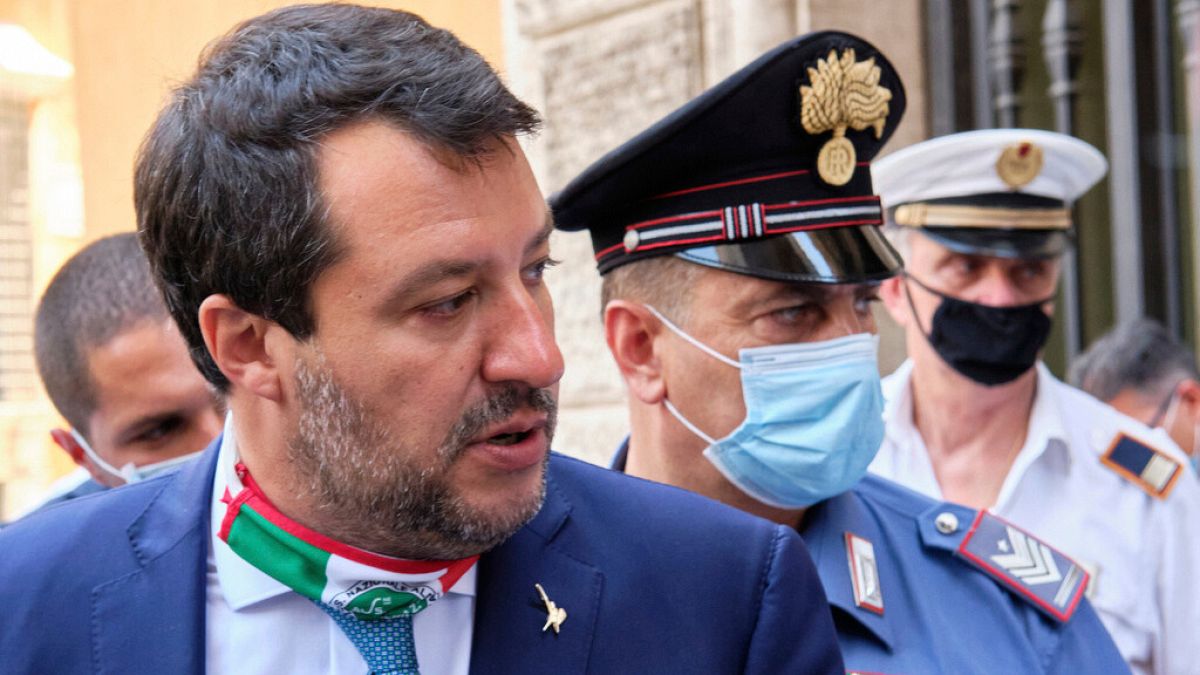Connecticut
Next CT archbishop knows his work to bring Catholics back to church won’t be easy. He has big ideas.

Coadjutor Archbishop Christopher Coyne hasn’t been able to get around the Archdiocese of Hartford much since he arrived a month ago from the Diocese of Burlington, Vt.
He’s wearing a boot on his right foot following surgery about 10 weeks ago.
He did plan to get to a Catholic high school football game Friday night, however. “And then I start all over the place next week as well. So my schedule is getting very full,” Coyne said.
While Coyne, 65, is just starting to learn about the archdiocese, he does have strong ideas about his role as the next leader of Roman Catholics in Hartford, Litchfield and New Haven counties.
That will happen when Archbishop Leonard Blair retires at age 75 in April.
“I’d say my main focus is to evangelize and to try and encourage people who have left the church to return, trying to keep people in the building, people who are just halfway out the door, and also maybe some people who have never been a part of our church to come to the church,” Coyne said. “So my main thrust is going to be just to be a missionary.”
Coyne knows that’s harder than it sounds.
The number of Catholics attending Mass is down. Churches have been closed; he said he doesn’t know if more will be.

And the onetime spokesman for the late, disgraced Cardinal Bernard Law said that issue won’t be going away anytime soon, even in the archdiocese, because the hurt doesn’t fade. He expressed regret at how his role caused pain for those who were sexually abused and their families.
“I don’t think any church or any diocese in the United States or anywhere where this has taken place will be past it until generations to come, because you’ll have the people who are victims who are getting older now and are dying off perhaps, but they have their family who remember their dad was a victim, and so they’re still bearing the wounds of that,” he said. “We can heal, but we’re not going to be past it for a while, for a long time.”
In addition to that shadow hanging over the church, Coyne will face an archdiocese that has shrunk from more than 200 parishes to 117 in the last decade. Meanwhile, evangelical mega-churches are drawing hundreds to their services.
“The Archdiocese of Hartford is about five times larger than Burlington, so it has five times the challenges in many ways,” Coyne said. “There’s a lot of good things that have happened here and continue to happen under the guidance of Archbishop Blair and the staff here and the priests and people, but there’s some real challenges, though, with the downsizing and the consolidations and the mergers.”

Coyne must decide what to do with “huge numbers of buildings and properties and things that are in need of TLC, but also that we probably need to divest ourselves of” while “we try to move from maintenance to mission.”
In Vermont, the diocese had plans “to help us organize our parishes and to really get moving, and then COVID hit,” he said.
“A lot of it would have been encouraging people to invite friends to come to different events, but also to try and set up some things that people would want to be part of,” Coyne said. “The main thing that we’re finding more and more in terms of getting people to become part of the organization is that people belong before they believe, usually.”
Belonging means becoming active in the work of the church, not just talking, he said.

“A lot of young people especially like to participate in acts of social justice, social ministry, care for the poor,” he said. “So you get people involved at that level, and then … as they begin to belong, feel that they are part of a group, and then you can start to talk about faith and belief and why you do what you do and what motivates us in the work that we do.”
Coyne said he has found that older people — baby boomers — are those who are most likely to have stopped coming to church. They go to non-religious groups or non-Christian groups such as Unitarian societies, or nothing at all.
“I’ve had friends and others who stopped and they say, I just don’t want to go to church, because all I hear is politics. All I hear is anti-abortion. I didn’t hear anything fulfilling in the Gospel. The preaching is awful; the music’s terrible. Why should I waste my time?”
Coyne believes the answer is to be welcoming, to meet people where they are. That’s the secret to the mega-churches’ success, he believes.

“To try and encourage people to join and be part of a beautiful community like we have is difficult, especially because they feel like they have to pass a test before they can become part of the church too,” Coyne said. “I simply say, let’s just start with where a person is now when they walk through the door.”
That includes LGBTQ people, Coyne said.
“When I left the cathedral parish in Burlington to come here, there were a large number of gay and lesbian men and women, families that were there, folks who felt welcomed, encouraged, not welcomed and encouraged just in terms of your partner,” Coyne said. “You’re not perfect, like I’m not perfect, in different parts of your life. But we walk together, we encourage each other, we find our way.”
When it comes to women, Coyne does not believe there will be female priests in his lifetime. But he believes in women in leadership roles.

“I always have tried to encourage women’s leadership within the church and in Burlington, by the time I left, more than half of my senior cabinet was made up of women, very qualified, capable, faith-filled women, and they did a great job,” he said. “And I know there’s already qualified, capable, hardworking women here in the Archdiocese of Hartford.”
Perhaps, he said, his view of women stems from growing up with “three very strong sisters too who were willing to tell me their opinion.”
Coyne said he was a reluctant spokesman for Law, who died in 2017 in Rome after covering up a major sexual abuse scandal in the Archdiocese of Boston. He said he refused the job more than once but finally did it as a personal favor to Law.
“I truthfully tried not to ever hurt families or children,” he said. “I still angered a lot of people because I was bringing a message sometimes that was terrible, hard to hear, terrible to hear. The messenger often gets connected with the message.”
He said he believes the victims and others have valid reasons to criticize him.

“Yeah, they do, in the sense that I was not on the side of the angels in many ways,” Coyne said. “I was on the side of evil … not that the people who were with me and working were evil, but we were dealing with the fallout from evil deeds, awful deeds. And when you’re connected with something like that, you’re going to be painted in a particular way.”
He said he had promised not to lie or to spin or to hurt families.
“But I did hurt families, just because of the message, because they hear the stories,” Coyne said. “And they would just realize how many we were actually talking about, the numbers grew and all those other things. So you just couldn’t help but hurt people by being the bearer of the message.”
But when he left the role, members of the media wrote him appreciative notes, Coyne said.
He will face his share of skepticism in Connecticut. Beth McCabe, co-leader of the state chapter of the Survivors Network of those Abused by Priests, said she has “very low expectations.”

“I have, unfortunately, little faith in any of the bishops that they’re going to do the right thing because they haven’t proven thus far that they are willing to do that,” she said. “They certainly can do it. But they choose not to.”
McCabe said Connecticut is behind other states in removing the statute of limitations for reporting sexual abuse, now set at age 52, “which sounds really good, but in fact the average survivor that comes forward is 55,” she said.
“The biggest thing in terms of Connecticut is they’re unfortunately very influential in some of the politicians that are on the Judiciary Committee,” McCabe said. “Right now, many of the states, like Vermont, have eliminated the statute of limitations for child sexual abuse and there are other states that have done the same.
“We still have not been able to pass a change in the statute of limitations that would allow a window so that people whose abuse happened years ago could come forward and at least have an opportunity for justice with a civil suit. So that’s very discouraging,” she said.
The Rev. James Manship, pastor of St. Rose of Lima Church in Meriden, would say little about Coyne personally but said his hope for the archdiocese is what Pope Francis is inviting the church to:
“A return to our roots, of really being able to talk dialogue, and to find a way forward together that doesn’t stratify us in terms of hierarchy, but rather it unites us as truly the Body of Christ and just turn our way forward listening to each other.”

Manship continued, “So from either listening to folks from the LGBT community, the immigrant community, the people in the labor movement, and the struggles that moms and dads have just maintaining their marriage, fighting for their children. All of these things are just important for us to listen to so that we can understand each other as church.”
Ed Stannard can be reached at estannard@courant.com.

Connecticut
Warming centers to open across the state amid cold temperatures

Warming centers will open their doors across the state amid cold temperatures this weekend and into next week.
Saturday marks the first day of winter, and it will feel like the new season with highs in the 20s and low 30s.
By Sunday morning, the wind chill will fall below 0.
Winds will be gusting up to 25 miles per hour early on Sunday, so conditions will feel a bit bitter. The northwest hill towns will feel the worst of it.
Temperatures will remain low through Christmas Eve on Tuesday.
There is a possibility for some snow and rain showers on Christmas Eve and into early Christmas Day.
Our StormTracker meteorologists are monitoring the timing and temperatures associated with this system.
To see local warming centers near you, click here.
Connecticut
Strange Connecticut laws, such as receiving a $99 fine for selling silly string to a minor
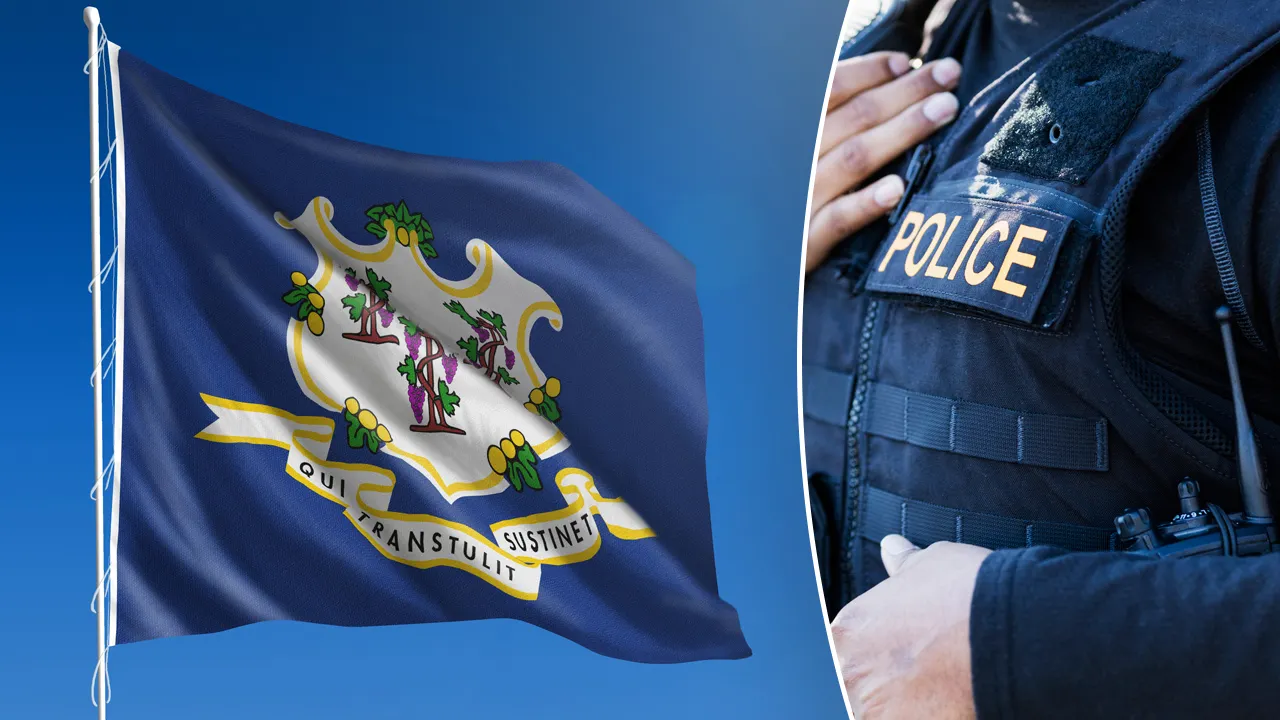
Sometimes, certain laws in a state can make you wonder whether they are fact or fiction.
Some rather bizarre “laws” are nothing more than a myth, where others are clearly defined.
Like every other state, Connecticut has some strange laws.
If you look through any state’s laws, including Connecticut’s, you’re sure to find some confusing ones. (iStock)
BIZARRE LAWS IN WASHINGTON, SUCH AS BEING CHARGED WITH RECKLESS DRIVING IF HUGGING WHILE BEHIND THE WHEEL
One quite famous strange “law” of Connecticut regards pickles.
Many online articles discuss a law in Connecticut stating that in order for a pickle to be considered a pickle, it must bounce.
The subject was investigated by many sources, including The Connecticut State Library and NBC CT.
Both point to the same article written in the Hartford Courant in 1948 as the source of the myth, where two pickle packers found themselves in legal trouble for selling pickles “unfit for human consumption.”

One strange Connecticut “law,” which is actually a myth, provides that pickles must bounce. (iStock)
When the “putrid” pickles were being tested, the Food and Drug Commissioner of the time, Frederick Holbrook, stated that a good test to tell whether a pickle was good or not was to “drop it one foot” and see if it bounced.
A bouncy pickle makes a good pickle.
When these particular pickles were dropped, they did not bounce and instead splattered, though the test was not the reason for the legal trouble. There were many laboratory tests also conducted.
Even though the pickle law is fictional, there are other strange laws in the state that are real.
Read about a few below.
STRANGE LAWS IN NEW MEXICO, INCLUDING TROUBLE FOR TRIPPING A HORSE
- Restrictions on silly string
- Don’t release balloons
- Limitations on arcade games
1. Restrictions on silly string
Minors aren’t trusted with silly string in Meriden, Connecticut.
Silly string is often used in a celebratory fashion, but it can quickly cause a big mess.
In the city of Meriden, silly string cannot be sold to minors unless they are with a parent or legal guardian.
The specifics are laid out in Chapter 175 of Meriden law.

Children of Meriden, Connecticut are not allowed to be sold silly string without a parent. (iStock)
If a store is selling silly string or products similar to it, it must be locked up, held behind the sales counter or “in some other manner which restricts public access to such products.”
The fine for breaking this law is $99.
2. Don’t release balloons
There are many occasions where balloons are purposefully released into the air. Many states have cracked down on this practice and have created laws limiting the release of balloons, or banning the act completely.
To date, there are ten states, including Connecticut, that have some sort of law regarding the release of balloons into the air, according to CBS News. Rhode Island, Virginia, Maryland and Delaware are others.
Connecticut General Statute Section 26-25C details this law.
WEIRD LAWS IN MASSACHUSETTS INCLUDING A $20 FINE, POSSIBLE JAIL TIME FOR FRIGHTENING A PIGEON
The law prevents the release of ten or more “helium or lighter-than-air gas balloons” into the atmosphere during a 24-hour period.
Though the release of balloons may seem harmless, and a law against it could seem rather strange, celebratory balloons could pose a danger to wildlife.
Animals could mistake balloons for food, causing harm or, in certain cases, death, the U.S. Fish and Wildlife Service notes on its website.
The strings of balloons can also be dangerous for animals, as they could get tangled up in them, the federal agency additionally notes.

Ten or more balloons may not be released into the air in Connecticut. (iStock)
3. Limitations on arcade games
Did you know that Rocky Hill, Connecticut, has a law involving arcade games?
The details are laid out in Chapter 81 of the town’s legislation.
Described in the law is the regulation that no “more than four mechanical amusement devices” are allowed.
As part of the law, individuals, partnerships, corporations, clubs or associations can not “have in any place within a permanent structure open to the general public or occupied by any club or association any mechanical amusement device without first having obtained a license therefor.”
CLICK HERE TO GET THE FOX NEWS APP
“Notwithstanding the provisions of Subsection A, no person shall have in any place within a permanent structure open to the general public more than four mechanical amusement devices,” the law also states.
Those who break this law face a fine of $25 for each day of violation.
South Carolina is another state that has a strange arcade law. Its law is specific to pinball. Those under the age of 18 are not allowed to play the popular game.
Connecticut
Drone Flight Ban: New York bans drone flight in New Jersey, Connecticut amid security concerns: What you need to know | World News – Times of India

The Federal Aviation Administration (FAA) on Thursday imposed a temporary drone flight ban across parts of New York state, including Brooklyn, Queens, and two communities on Long Island. The restriction, which is set to last until January 18, is part of a broader effort to secure critical infrastructure sites, including energy facilities and government buildings, as drone sightings continue to spark fears and uncertainty in the region.
“Precautionary action” or real threat?
Gov. Kathy Hochul of New York reassured the public that the ban was precautionary in nature, emphasizing that “there are no threats to these sites.” However, with the restriction affecting critical areas like Far Rockaway in Queens, Ridge, and Garden City on Long Island, many are left wondering if authorities know more than they are letting on.
Meanwhile, the FAA’s move comes after a similar ban was imposed in New Jersey earlier this week, covering a significant portion of the state, including Camden, Elizabeth, and Jersey City. The restrictions, which will last through January 17, are part of a response to rising concerns over drone activity near sensitive infrastructure, such as the Salem Nuclear Generating Station in Lower Alloways Creek.
“This is an extremely important site,” Rep. Jeff Van Drew Says of Nuclear Plant
Rep. Jeff Van Drew, whose district includes Salem County, voiced his concerns over recent reports of drones near the nuclear facility. “This is tactically an extremely important site,” Van Drew explained, highlighting the importance of the facility, which generates nearly half of New Jersey’s power. PSE&G, the operator of Salem Nuclear, confirmed that the company had requested the FAA impose flight restrictions near the facility for safety reasons.
While there has been no direct evidence of a threat, the urgency surrounding the drone sightings has escalated. Van Drew criticized the federal government for not providing more concrete details on the incidents, noting that “what scares people is uncertainty.”
A broader concern spreads across the region
As drone sightings have become more frequent, public concern has intensified. In Connecticut, Republican lawmakers are now calling for similar drone restrictions to protect the state’s critical infrastructure, with a collective question hanging in the air: “What about Connecticut?”
In New Jersey, Rep. Josh Gottheimer expressed frustration over the lack of transparency. “They must brief the public on the reasons for their action,” he stated. He worried that without a clear explanation, the FAA’s broad ban could create even more confusion and panic among residents and businesses in the affected areas.
Confusion and difficulties for pilots
Patrick E. Bradley, an aviation lawyer and pilot based in Princeton, New Jersey, remarked on the unusual nature of the FAA’s decision, pointing out that he has never seen such an extensive set of restrictions in over 40 years of flying. “All of these minuscule, tiny, temporary flight restrictions – I’ve never seen that done before,” Bradley said, adding that the complexity of the bans could lead to confusion for both drone operators and airplane pilots trying to navigate the airspace.
The FAA’s restrictions apply only to drone operators, but consequences for violators are severe. Pilots found flying drones in restricted areas could face federal detention or questioning. Many commercial drones are registered with the FAA, making it easier for authorities to track down violators. However, there is still concern over how hobbyists or recreational drone users may be discovered.
Security concerns or overreaction?
Despite repeated assurances from federal officials that there is no immediate security threat, the uncertainty surrounding the drone sightings continues to fuel speculation. Dana Gallagher, a spokesperson for the U.S. Department of Homeland Security, stated, “We continue to assess there is no public safety threat relating to the reported drone sightings,” while maintaining that the FAA acted out of an abundance of caution.
As drone sightings continue to proliferate, with numerous reports across New Jersey, New York, and other northeastern states, the question remains: Are these drones merely harmless misidentifications of helicopters or planes, or is there something more sinister at play? Only time will tell whether the FAA’s swift actions are a prudent response to potential threats or an overreaction to a growing sense of anxiety.
For now, New Yorkers and New Jerseyans, along with drone operators across the region, will have to adjust to the new temporary restrictions—waiting to see if this is a momentary precaution or the beginning of a broader regulatory crackdown.
-

 Politics1 week ago
Politics1 week agoCanadian premier threatens to cut off energy imports to US if Trump imposes tariff on country
-
/cdn.vox-cdn.com/uploads/chorus_asset/file/25782636/247422_ChatGPT_anniversary_CVirginia.jpg)
/cdn.vox-cdn.com/uploads/chorus_asset/file/25782636/247422_ChatGPT_anniversary_CVirginia.jpg) Technology1 week ago
Technology1 week agoInside the launch — and future — of ChatGPT
-
/cdn.vox-cdn.com/uploads/chorus_asset/file/25789444/1258459915.jpg)
/cdn.vox-cdn.com/uploads/chorus_asset/file/25789444/1258459915.jpg) Technology7 days ago
Technology7 days agoOpenAI cofounder Ilya Sutskever says the way AI is built is about to change
-

 Politics7 days ago
Politics7 days agoU.S. Supreme Court will decide if oil industry may sue to block California's zero-emissions goal
-
/cdn.vox-cdn.com/uploads/chorus_asset/file/25546252/STK169_Mark_Zuckerburg_CVIRGINIA_D.jpg)
/cdn.vox-cdn.com/uploads/chorus_asset/file/25546252/STK169_Mark_Zuckerburg_CVIRGINIA_D.jpg) Technology1 week ago
Technology1 week agoMeta asks the US government to block OpenAI’s switch to a for-profit
-

 Politics1 week ago
Politics1 week agoConservative group debuts major ad buy in key senators' states as 'soft appeal' for Hegseth, Gabbard, Patel
-

 Business5 days ago
Business5 days agoFreddie Freeman's World Series walk-off grand slam baseball sells at auction for $1.56 million
-
/cdn.vox-cdn.com/uploads/chorus_asset/file/23951353/STK043_VRG_Illo_N_Barclay_3_Meta.jpg)
/cdn.vox-cdn.com/uploads/chorus_asset/file/23951353/STK043_VRG_Illo_N_Barclay_3_Meta.jpg) Technology5 days ago
Technology5 days agoMeta’s Instagram boss: who posted something matters more in the AI age

